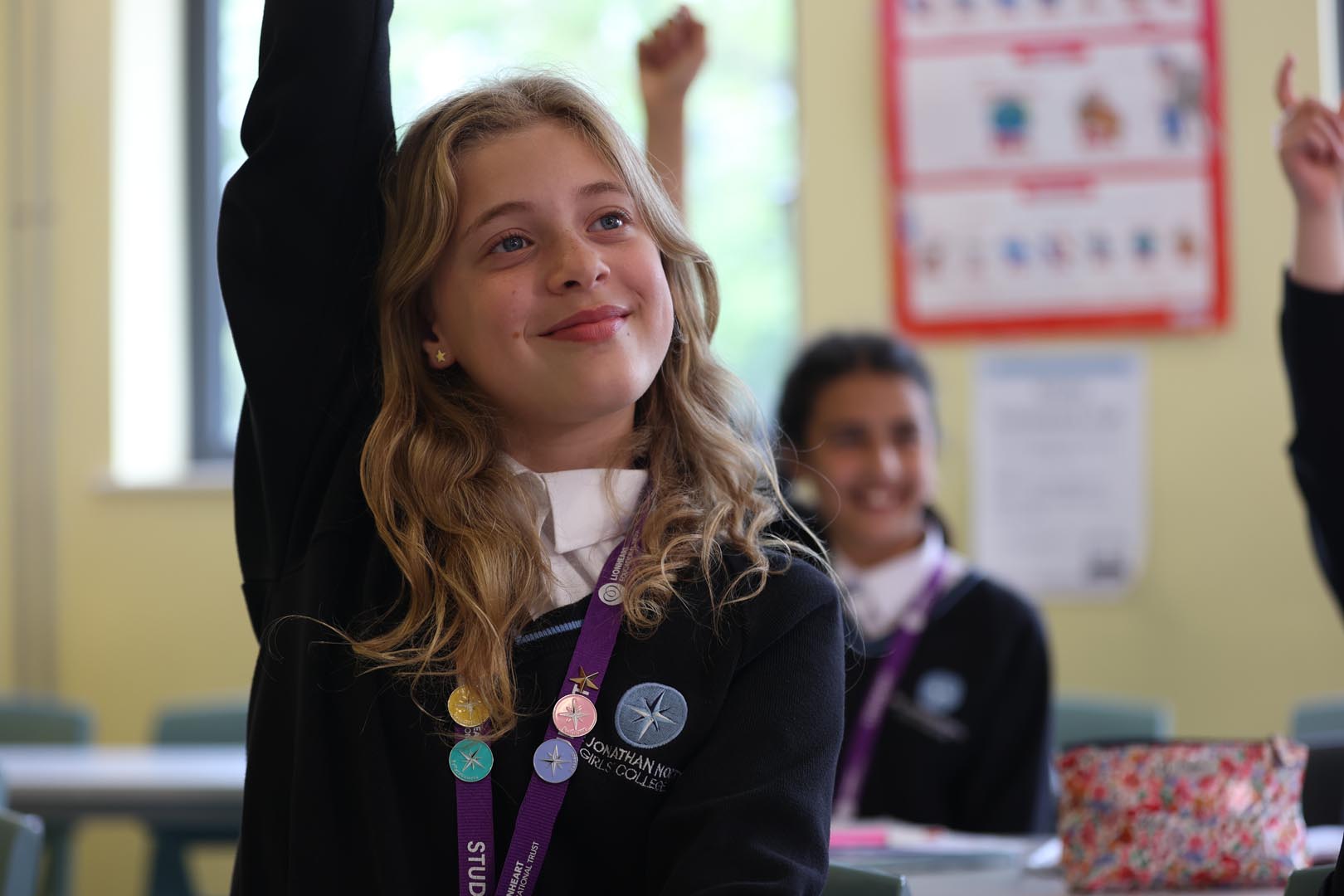
Citizenship
CITIZENSHIP (GCSE)
Citizenship education develops the knowledge, skills and understanding that students need to play a full part in society, as active and responsible citizens. They develop political literacy by learning about democracy, politics, Parliament and voting as well as human rights, justice, media literacy, the law and the economy. They also learn the skills of active citizenship through practical opportunities to address issues of concern to them. Teaching is brought to life using real issues, case studies, people and events in local to global contexts.
EXAMINATION BOARD Pearson Edexcel Level 2 GCSE (9-1) in Citizenship Studies (1CS0)
SPECIFICATION CODE 1CS0
CURRICULUM CONTENT
- Theme A: Living together in the UK.
- Theme B: Democracy at work in the UK.
- Theme C: Law and justice
- Theme D: Power and influence.
- Theme E: Taking citizenship action.
ASSESSMENT
Paper 1: Written examination: 1 hour and 45 minutes, 50% of the qualification, 80 marks
- Section A - Theme A: Living together in the UK.
- Section B - Theme B: Democracy at work in the UK.
- Section C - Theme C: Law and justice.
- Section D - Extended-response questions related to two or more of specification Themes A–C.
Paper 2: Written examination: 1 hour and 45 minutes, 50% of the qualification, 80 marks
- Section A - Questions relate to the students’ own citizenship action in Theme E: Taking citizenship action.
- Section B - Theme D: Power and influence.
- Section C - Extended-response questions related to Theme D: Power and influence. One question will also link to content in one of Themes A–C.
EXTRA-CURRICULAR OPPORTUNITIES
Students have the opportunity to participate in a range of extra-curricular activities. In the past many students have taken part in Youth Parliament and have been in contact with local politicians and key figures. Our Citizenship Action topic is a unique opportunity in the curriculum aimed at delivering a benefit or change for a particular community or wider society. Students must carry out an in-depth, critical investigation leading to a citizenship action. This real out-of-classroom context allows students to apply their Citizenship knowledge and gain insight into different perspectives in how we live together and make decisions in society.
Students have the opportunity to hear and question a number of public figures. This year we have had visits from local Councillors, local MP John Ashworth and are looking forward to a visit from the police commissioner.
During the course we aim to take students to London to have a tour of Parliament as well as the Supreme Court. This is a fantastic opportunity, aimed at enhancing their understanding of government and law as it is an essential part of their course.
PROGRESSION
Politics, Law and Sociology make suitable A level choices for students who wish to continue with their citizenship education post 16. Because of the active nature of the course student’s real-world experience is developed, as well as their political literacy and independence, which is invaluable as they progress into further education and the working world.
Citizenship would be beneficial to these and many other career options:
- Author
- Child & Youth Worker
- Human Rights Advocate
- International Aid Worker
- Journalist
- Lawyer
- Media Correspondent
- Political Consultant
- Teacher

